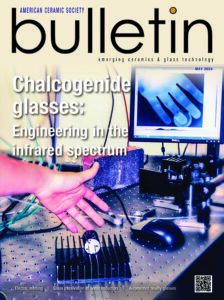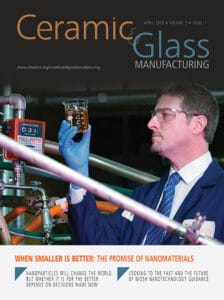
Sonia Fiorilli graduated in Industrial Chemistry at Università di Torino and took her PhD in Materials Science and Technology at Politecnico di Torino in 2005. She is an Associate Professor of Fundamentals of Chemical Technology at Politecnico di Torino.
Her research interests deal with the synthesis of ceramics and composites mainly for environmental, energy-related, and biomedical applications. More recently her activity has focused on the development of formulations for 3D printing and electrospinning of micro- nano composite scaffolds for highly targeted therapies in tissue regeneration.
She was visiting researcher at the School of Chemistry of St. Andrew (Scotland), at Ecole Nationale Supérior de Chemie, Montpellier, France, at the Green Chemistry Centre of Excellence, University of York (UK) and visiting Professor at the University di Laval (Quebec), Canada.
She is supervising a research group of PhD students and post-doc researchers and is a member of the board of the Ph.D. School of Materials Science and Technology at the Politecnico di Torino.
She is/was involved in several EU and national projects as Principal investigator or scientific responsible for her research unit.
She has co-authored 114 papers in high-impact peer-reviewed journals (H index = 33).
Title: Nanostructured bioceramics as a multifunctional delivery platform for the regeneration of functional (hard and soft) tissues
To overcome the challenges associated with compromised tissue regeneration, extensive research efforts are currently devoted to the design of clinical solutions able to simultaneously target the multiple and interlocked causes underlying unsuccessful healing.
Due to the extremely high surface area for storage and delivery of therapeutics (i.e. drugs, ions, biomolecules), as well as the easy post–functionalisation to impart on-demand release properties, nanostructured bioceramics are successfully exploited as smart multifunctional nanocarriers in the field of tissue regeneration. This contribution will provide an overview of the research activities, mostly in the framework of collaborative projects funded by the European Union, regarding the inclusion of bioactive nanocarriers into composite 3D scaffolds, injectable cements and flexible nanofibrous patches, as advanced approaches for preventing adverse remodelling in bone, skin and cardiac tissues.
Comprehensive physical-chemical characterisation and in vitro/in vivo biological assessment conducted in collaboration with clinicians are also reported, highlighting the related open challenges and future perspectives.
Subscribe to Ceramic Tech Today

Don’t miss the latest ceramic and glass materials news. Receive the CTT newsletter to your email three times a week by subscribing at this link.
Subscribe to Ceramic & Glass Manufacturing Weekly

Don’t miss the latest ceramic and glass business news. Receive the C&GM Weekly newsletter to your email every Monday by subscribing at this link.


